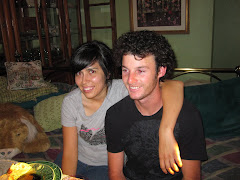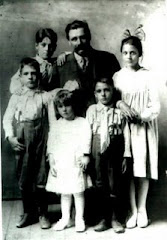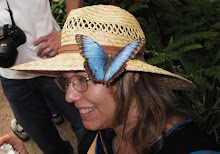Ants are organized into colonies. Each colony has three basic castes: the queen, males, and workers (sexually undeveloped females). The queen does not govern, but is the mother ant, her job is to lay eggs. The males live only long enough to mate, then die. The worker ants search for and gather food, feed the queen, act as nurses for the larvae, clean the nest, dig new chambers when more room is needed and guard and defend the nest. Despite the precise division of work, and the complex social organization, there is no sign of a ruler or taskmaster.
Ants are a model of cooperation, industry and order, often working together to drag home an object much bigger then themselves. Some ants even assist injured or exhausted members of their colony back to the nest.
The ants "wisdom" results from instincts, they are endowed with by their Creator. The harvester ant stores up a large supply of grain in the spring and summer and makes use of it in the winter when food is scarce. If rain causes dampness to reach the stored seeds, the harvester ant will carry the grain out into the sun for drying. It has even been known to bite off the germ part of the seed so that it will not germinate while stored.
Their instincts for preparing for the future are something we can pay attention to, but also their persistence and determination, doing everything possible to fulfill their particular task and refusing to turn back even though they may fall, slide or roll down a steep hill. They are exemplary in cooperation, keep their nests clean, and show concern for their fellow workers.
Yes, ants teach us that diligent effort is needed if we wish to produce good fruitage.


















































































